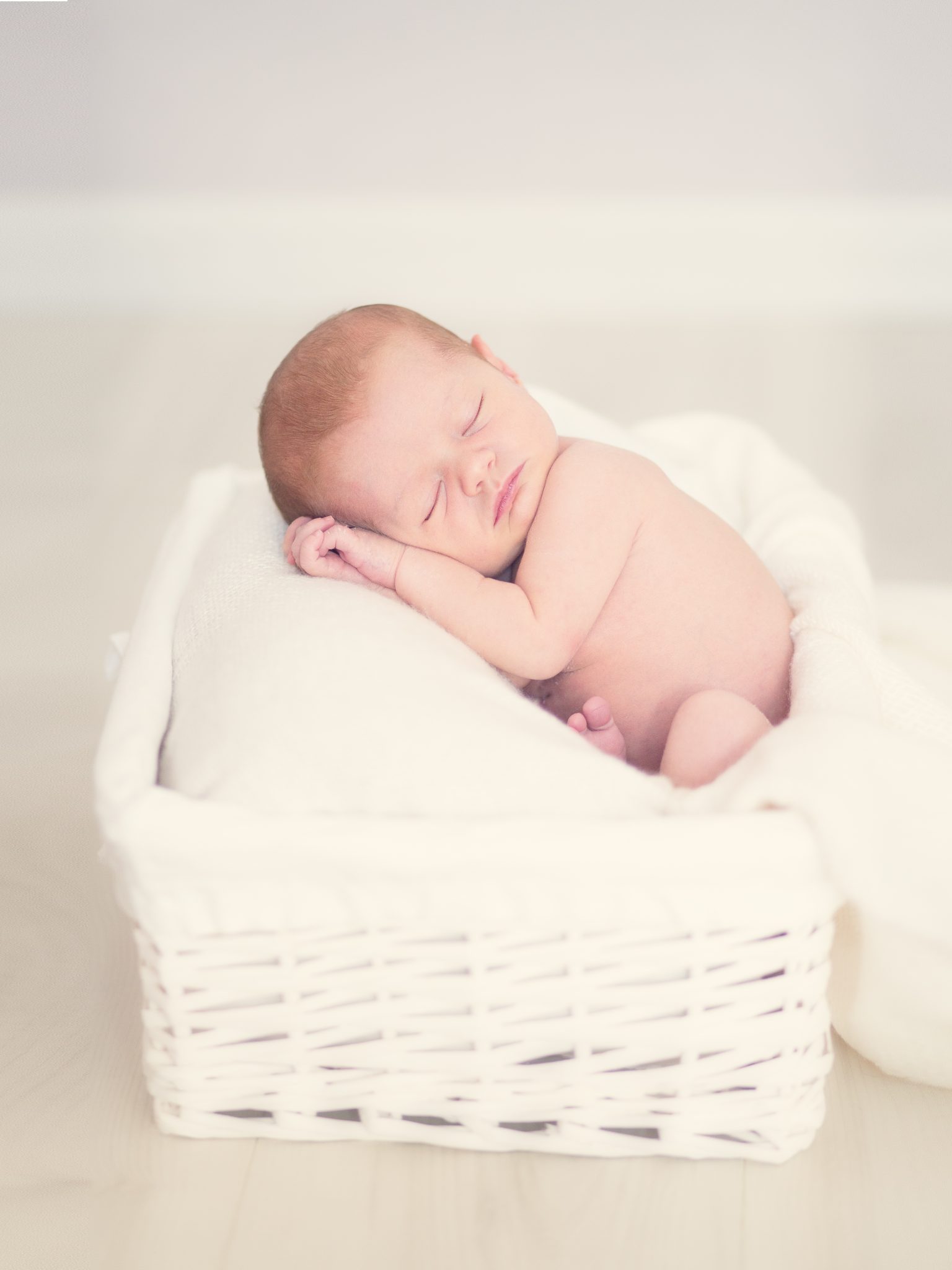
The time between when you learn you’re expecting and the delivery date can be a short window to research and purchase all of your childcare needs. During this exciting and nerve-wracking period, parents can get overwhelmed with everything that needs to be accomplished and finalized before the big day. Below are some tips to help you hit the ground running.
- Research baby gear and products: It can be difficult to know where to begin when researching infant products and equipment so before you start the time-consuming process, outline your search criteria to make sure the items you’re purchasing will align with your wants and needs for your newborn
- For instance, do you want to only buy certified-organic items and objects? Once you start search, keep an open mind about the selection available to you and don’t limit yourself to major chain stores.
- Be open to purchasing from smaller companies. Don’t be afraid to contact the company if you have questions or concerns regarding an item. Finally, read as many customer reviews as you can before you decide to purchase anything. Essentials include baby tubs, diaper bags, bouncers, and humidifiers.
- Co-sleeping and SIDS: According to therecently updated guidelines by the American Academy of Pediatrics, babies should sleep on a separate surface such as a bassinet or a cradle in the same room as their parents for the first six months of their lives, or up to a full year if possible, to help minimize the risk of sleep-related deaths.
- This can reduce the risk of SIDS by as much as 50 percent. There are pros and cons to co-sleeping so make sure to discuss the practice with your partner in advance.
- Setting up the nursery: Your baby will likely spend more time in the nursery than anywhere else in their first year. Furniture can take one to eight weeks to arrive and then many brands require assembly. We suggest buying and assembling all the furniture prior to the baby’s arrival so everything is set-up when you bring the baby home from the hospital. Convertible cribs may adjust to a toddler bed, daybed, or even a full-size bed to help extend the crib’s usefulness.
- Avoid loose blankets, soft toys, and bumpers in the crib. This helps reduce the risk for suffocation or SIDS. A firm mattress and a fitted sheet are all you need for your baby’s crib. Some essentials to keep in the nursery include a hamper, diaper stacker, nursery glider or rocking chair, and a changing table.
- Is the crib and changing table the right height for you? The changing table should hit between your hips and waist. Once you’ve settled on the right furniture and accessories for the room, include a parent-station positioned near the crib for your comfort and convenience as well.
- Avoid buying newborn sized clothes: Average newborn clothes fit babies weighing 5 to 7 pounds and many babies outgrow the outfits in the first few weeks. Larger babies can bypass the newborn sizes completely and start off with 3-month or 3-to-6 month sizes. The best tip is to purchase clothing in several sizes, keep the tags, and return what you don’t use. When it comes to purchasing clothes, keep it simple and stick to basics like bodysuits, one-pieces, t-shirts, long-pants, sleep sacks, and socks or booties.
- Outfits also need to be uncomplicated and open easily for diaper changes. Make sure that the snaps and stretch necks open wide so you can ease your baby’s head through them comfortably. If your baby was born premature, he or she may need another layer of clothing until his or her weight reaches that of a full-term baby.
- The American Academy of Pediatrics recommends dressing a baby in an undershirt, diaper, pajamas or a dressing gown and then wrapping him or her in a receiving blanket. It’s also important for parents to trust their instincts and to pay attention to the weather station for heat and cold advisories. If you’re uncomfortable in the weather, chances are that your infant will be as well. For tips on how to dress your baby during the cold weather season, see our blog post here.
- Newborn basics: First-time mothers-to-be often have lots of questions and worries. Birthing, breastfeeding, and parenting classes are a great way to alleviate anxiety and build confidence. One valuable resource for expectant and existing Moms and Dads isnewborncourse.com, an innovative, doctor-approved parent training program dedicated to informing, preparing and empowering 21st century parents. The online program can be accessed anytime, anywhere, and on any device.
- During your hospital stay, don’t be afraid to ask the nurses for help with basic infant care. They can demonstrate how to handle your newborn including how to change diapers, bathe, and swaddle your baby. Remember, practice makes perfect! The hospital may offer home visits by a nurse or healthcare worker so ask for someone to stop by and check in on you.
- If you are breastfeeding, inquire if a lactation consultant can visit your home to provide follow-up support. A decision parents need to make is whether to enlist the services of a newborn care specialist, commonly referred to as a baby nurse.
- Baby nurses will teach parents how to complete all of the duties above and will help get the baby on a sleeping schedule.
- Learn about safety basics: Make sure that you and the caregivers involved in your newborn’s life know how to position the car seat accurately. Test the smoke and carbon monoxide alarm on every level of your home and in all sleeping areas. The baby’s crib and other furniture should face away from windows and blinds. The water heater must be set to a maximum of 120 degrees Fahrenheit. to avoid burns or scalds. Our handy guide to common household hazards and how to prevent them can be foundhere.
- Childcare decisions: It’s also never too early to think ahead to your plans after maternity leave. An ongoing debate in childcare is whether families should hire a nanny or enroll their child in a daycare facility. Some pros and cons regarding the two options are discussed on ourblog.
- Plan your baby’s healthcare: After his or her arrival, your baby will need their own doctor. This is something that you should plan for ahead of time to give you flexibility when choosing a pediatrician. It’s also one less thing to think about in the event that you deliver early. Your child’s first pediatrician’s visit is a good time to ask about any infant care questions you might have, such as vaccination schedules and reasons to call the doctor.
- Pack your hospital bag: When you’re around 34 weeks pregnant, pack a bag with everything you think you’ll need at the hospital so that you’re prepared to go as soon as your baby’s ready to arrive. Some essentials to consider include paperwork such as your insurance card and picture ID, a birth plan if you have one, and some items to keep Mom comfortable such as a bathrobe, nightgown, slippers, socks, and whatever will help you relax. Do not bring jewelry, cash, valuables, or diapers and a breast pump. The latter two items are provided by the hospital.
No matter how much you try to prepare for a baby, something can go awry, and it’s important that parents stay levelheaded. For more information on how the Nanny Authority can help you get ready for your new arrival, including assistance on obtaining a newborn care specialist, contact us via e-mail or at 973-466-2669 today!
